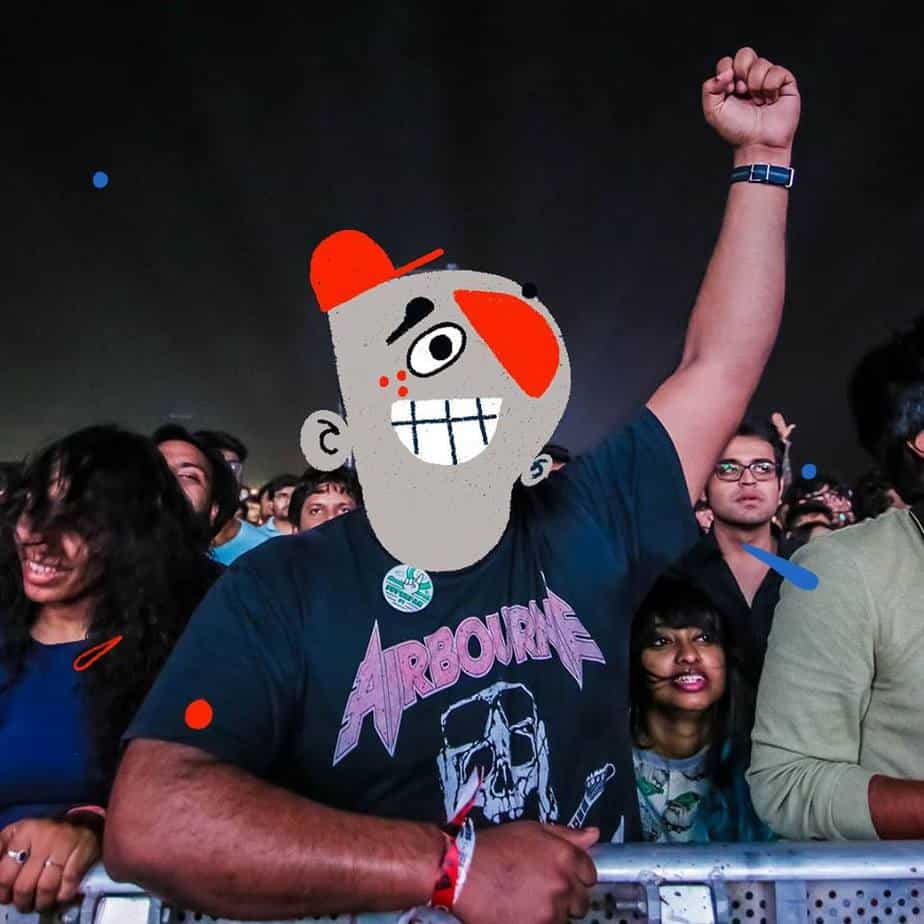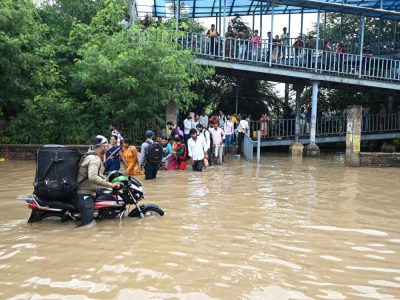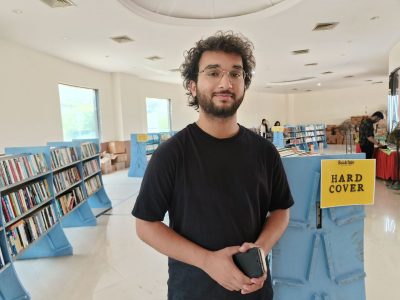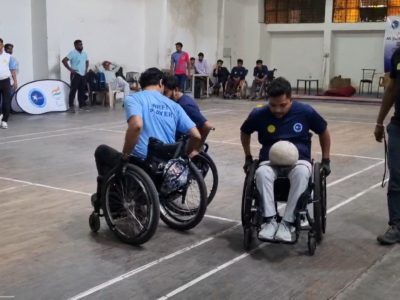Despite Delhi’s love for music, why don’t more concerts happen with bigger acts in the city? Is it the people, the tax hurdles, or the bureaucracy?
Delhi may seem like it has it all in terms of entertainment, but when it comes to live music its residents are less fortunate than its siblings. Enjoying music socially has been mostly confined to clubs and bars which commonly play EDM (Electronic Dance Music), popular music and the likes.
But the truth is, what starts out as a particular music night for example “hip-hop” more often than not turns into a desi music fest. A once regular at the hipster, now college-goer’s street in Hauz Khas village, Neha says most of the clubs welcome you with Rihanna or Kanye West and bid adieu with Honey Singh or an item number. The problem is real.
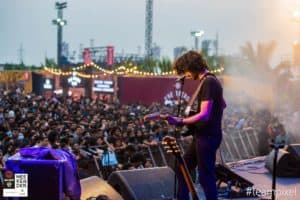
But things are changing. Earlier, much of the “live” music was kicked into the background, as people ate their nachos or chicken wings with beer or a whisky and coke — many still exist, like in Connaught Place, with its inordinate number of bars.
Yet there are places like the Piano Man Jazz Club in Safdarjung Enclave, which silences its patrons to a whisper to enjoy the music, sipping on a Rs 600 drink. Their idea is that people respect the artistes by giving them, complete undivided attention — much like one would at concerts.
The Piano Man is an example of just how much Delhi’s people crave for good music, in a live setting. Every day, no matter if it’s a Tuesday or an obvious crowd-puller Saturday, the place is full to the brim. In an unassuming weekday, with a Mariachi band playing, we found ourselves seatless — just some tight spot for one’s posterior on the stairway that leads to the first floor, which was a replica in terms of the proximity one shared with the stranger next to you, on the ground floor.
A testament to Delhi’s love for good music should also be the seventh Delhi International Jazz Festival this year. The fest has been coming back each year in the city, despite the high tax, and series of bureaucratic hurdles. When you look at the host, however, it all makes sense — it being a government-run body, the Indian Council for Cultural Relations.
Delhi has been delivering more restaurants and bars taking live acts seriously. With the likes of the Electric Room at Lodhi, the Turquoise Cottage, Auro Kitchen & Bar, and the Bar Cat – and yes, for this too the Delhi-wala will have to trek to the South side. The bigger question here is, if the city clearly has the followers, then why don’t more concerts happen with bigger acts?
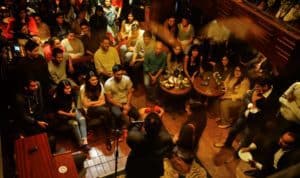
The Capital’s apparent cooler cousin, Mumbai, gets most of them. Big artistes flock to its Bollywood grounds, or to Bangalore’s rock paradise or Pune’s laid-back streets or much more recently, and perhaps the best for a festival – Meghalaya’s Shillong, the Scotland of the East. Shillong has now hosted the NH7 weekender for four years straight (the fourth one being this year on November 2-3).
Delhi has been ignored for the festival since its last run in 2015 — when the event was shifted from Noida to Delhi. It was the Aam Aadmi Party —which had come back into power after it had abdicated its seat as the Capital’s authority — that promised to host more such events with an ease of obtaining clearances. Chief Minister Arvind Kejriwal had announced that he wanted to make Delhi the best destination for entertainments events, with a single-window system for clearances to organisers.
The Event and Entertainment Management Association (EEMA) had spoken about corruption, faced during “several steps while conducting any event” in Delhi and thus Kejriwal promised to change things, which they did. But just as it had begun, Delhi’s dream ended in 2016. One report cited the reason for NH7 not returning was the site (in Dwarka) being used to build a hospital, while for the Jawaharlal Nehru Stadium, Delhiites’ constant northern star, permissions were not granted.
The Delhi government’s promise has not held out, they have to their credit only one such event. Jawaharlal Nehru Stadium has hosted annually the Grub Fest — which sees some music, shopping and a lot of eating – and a concert now and then.
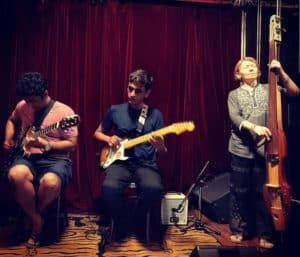
The Grub Fest also had a welcome surprise of sale of booze — which Delhi has a reputation for avoiding. The NCR region — read Gurgaon — when it hosted Guns N’ Roses, famously did not allow any alcohol to be served. But undeterred, and regardless of the security, many had managed to create a haze of marijuana while some uncles bobbed their heads to a GNR sans Axl Rose.
But the city has had — and sustains its reputation — for having hot-headed people. This was reinforced in a major embarrassing way in 2011, when Metallica cancelled its show. The rowdy crowd came to the fore like Hulk’s green colour tearing out of his white vest.
Since then, there haven’t been any such instances, and considering the whole city for being brash, would be unfortunate. In 2017 a well-mannered (as can be at a concert) crowd greeted David Guetta, and many more.
We weren’t exactly emotional about having missed Justin Beiber’s show last year, but it hasn’t been lost out on Delhi’s residents that it will be missing out on Alt-J, Major Lazer and even a 90s kids’ favourite, Incubus this year.
Let’s hope the state govern-ment pulls more organisers, because its hard-working lot don’t have time to travel to Scotland for a two-day bliss of good weather, and good times.

